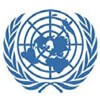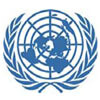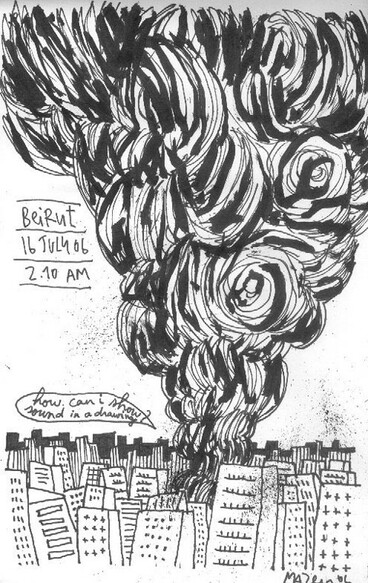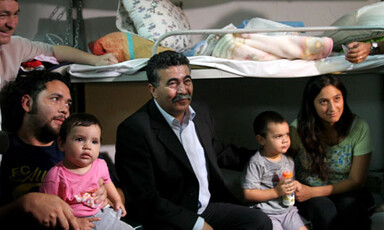
Lebanon: Continuation of hostilities between IDF and Hezbollah
18 July 2006
Two IDF ground incursions inside Lebanese territory were reported yesterday. Three PUMA armored vehicles entered approximately one kilometer inside Lebanese territory in the area of Ras Naqoura on the Mediterranean coast yesterday afternoon, and withdrew to the Israeli side after a while. IDF forces also operated on the Lebanese side of the divided village of Ghajar. They demolished two Hezbollah outposts on the northern edges of the village, and set up a barrier of cement blocs along parts of the northern boundary of the Lebanese side of the village. Exchange of fire was reported during this operation. Read more about Lebanon: Continuation of hostilities between IDF and Hezbollah








